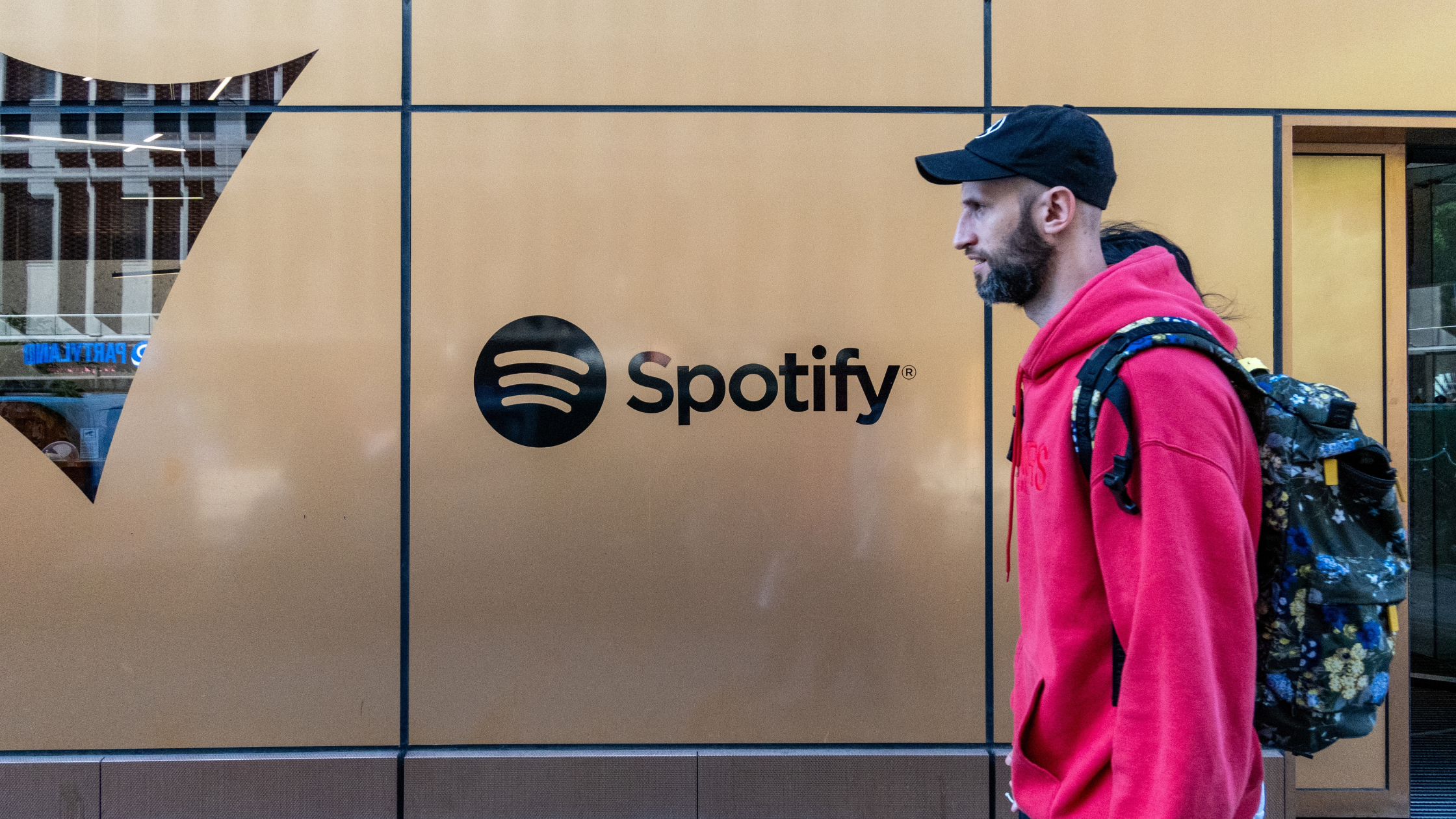Competition law expert Amelia Fletcher wrote to Spotify boss Daniel Ek to express concern about the streaming firm's plan to change how it pays royalties. Under the new system each track will have to pass an annual threshold to be allocated any money - with sources confirming this week that that will initially be 1000 streams. Fletcher - who is also a musician and runs a label - pointed out that Spotify is so dominant in the digital music market that most grassroots artists need their tracks on the platform and will be forced to accept these new unfavourable terms. "Not only is it intrinsically unfair", she said of the proposed new system, "but it is also anticompetitive and seriously risks constituting an abuse of dominance under UK and EU competition law".


Travis Scott and Live Nation were sued by one of their business partners on the ill-fated 2021 Astroworld festival. Ceremony Of Roses organised "carnival-style games and amusements" at the event, covering the set up costs on the basis it would recoup its investment and make a profit from people paying to access the amusements. However, the second day of the event was cancelled after a fatal crowd surge occurred during Scott's headline set on day one. Which meant COR was out of pocket and also a defendant in a lawsuit filed by festival-goers who had pre-bought digital tokens to access on-site entertainments. COR's lawsuit claims that Scott, as founder of Astroworld, and Live Nation as its promoter, both breached their duty to care to provide a "a safe and secure environment for COR’s business activities and festival attendees".

UK Music confirmed that the music business "contributed £6.7 billion to the UK economy" in 2022. That big stat was in the cross-sector trade group's annual 'This Is Music' report, which calculates the 'gross value added' impact of the wider music business. It also stated that UK music industry exports topped £4 billion last year and employment stood at 210,000 workers. Confirming the sector has recovered from the negative impact of the pandemic in 2020 and 2021, UK Music said "in 2022 the UK music industry outperformed 2019 by a significant margin to produce its best year ever". That said, the report was also keen to stress to the political community that there are still plenty of challenges to meet and more support from UK government is required.

US-based hospitality and events company Legends bought venue operator ASM Global. Legends currently provides various services to venues, and others sports and entertainment companies, having started out running concessions at stadiums in the US. ASM Global was created in 2019 by the merger of SMG, owned by private equity group Onex, and AEG Facilities, owned by live giant AEG. Both Onex and AEG have sold their share in the combined business to Legends. Confirming the deal, Legends said it would "expand its geographic reach and range of services as it continues to innovate and create data-driven solutions tailored to the needs of each individual client". ASM manages a number of venues in the UK including the Wembley Arena in London, Hydro Arena in Glasgow and Bridgewater Hall in Manchester.

It was confirmed that global music rights revenues grew 14% in 2022 to $41.5 billion. This stat came from the annual study undertaken by economist Will Page, who combines existing market data from the record industry and song rights collecting societies and then fills some gaps to get a fuller picture. Part of the growth in 2022 was a return to form of those revenue streams that were negatively impacted by the COVID pandemic in 2020 and 2021. However, he concluded there was still room for optimism about future growth, with the upper end of live music booming, further potential in the global digital market, and blanket licences generally factoring in inflation. And, he noted, on the recorded side in those mature markets where digital growth is now slowing down, pretty sold physical product sales are surprisingly helping offset that trend.



